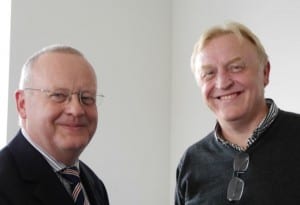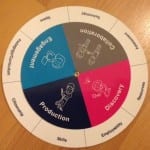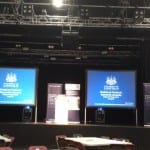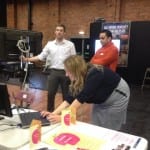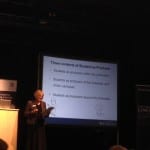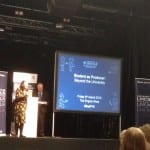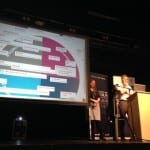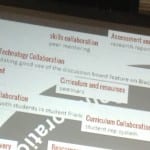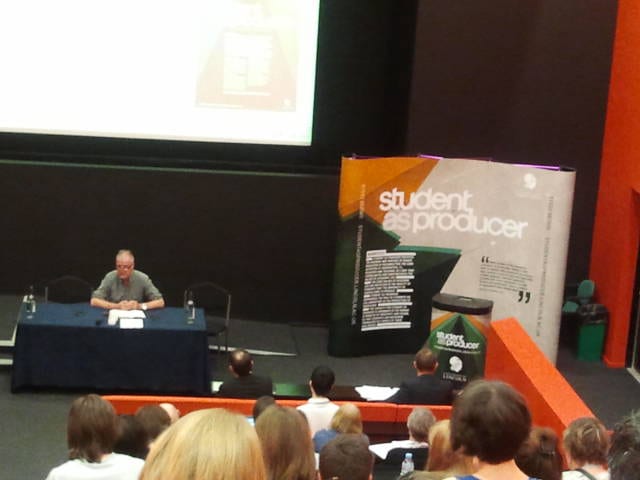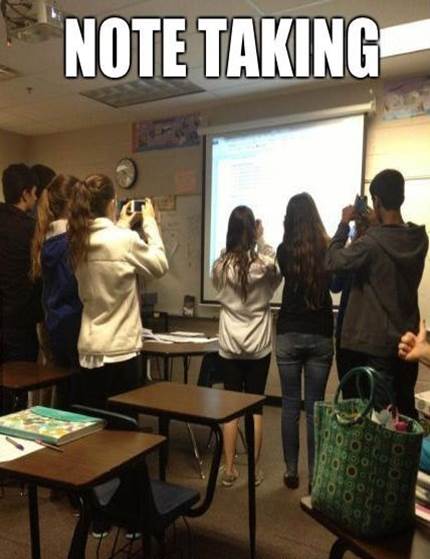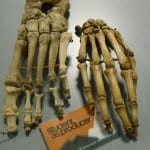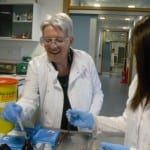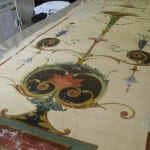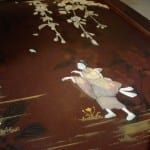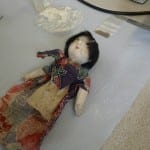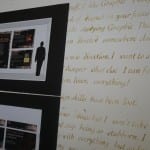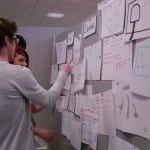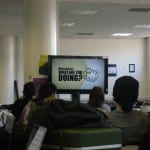Professor Patrick Crookes, Wollongong Academy for Tertiary Teaching and Learning Excellence (WATTLE), spoke at a Colloquium event this week about teaching scholarship i.e. ‘taking teaching seriously’. Conversation on the difference between Scholarly Teaching and the Scholarship of Teaching and Learning (SoTL) was useful. For me, they align with being research informed and research engaged. Both are the language of Student as Producer and EDEU’s new MA in Teaching and Learning in Higher Education (MATLHE) which goes for validation on 20th March. These are interesting times for scholarly debate.
To be research informed, or engage in scholarly teaching, is to be aware of pedagogical research, theory and literature, to evidence reflection on practice as an individual and in response to feedback, and be involved in the production of knowledge at a local level. The Scholarship of teaching and learning is about being research engaged, actively involved in the production of new pedagogical knowledge which is peer reviewed and publically disseminated. SoTL might not involve teaching and this brings the theory-practice divide to mind.
My research is positioned in the gap between e-learning theory and the reality of e-teaching. Theory might join the dots and suggest conclusions but unless it emerges from practice, it will do little to sustain links between the student and their VLE. It will always be harder to log on and engage than walk into a timetabled lecture or other learning experience. Five Step Models and Conversational Frameworks look hopeful on the page but initiating and sustaining virtual interaction remains a challenge. You could say the SoTL with regard to VLE has been responsible for some of what Feenberg calls the failure of e-learning*.
At the Colloquium we talked about Boyer’s definition of scholarship which referred to teaching and not learning. How we teach and how we learn are the pedagogical yin and yang. They belong together, are two halves of a whole. This is why Action Research is so relevant. It links teaching and learning, involves collaborative inquiry and represents a pedagogy of partnership.
Yet taking an action research approach to a doctorate, means addressing the research community’s concerns it will not be replicable, generalisable, robust or valid. My practice is an integral part of my research. Not only am I becoming a better online teacher. I’m discovering how students prefer to be taught in virtual spaces. The research has already generated guidance, been presented at conference and had its first peer reviewed publication. Action research is a powerful tool, not least because it involves reflective critique, one of the hallmarks of SoTL. But as insider research, it’s status is tarnished.
Different decades see different themes. It used to be widening participation, then enhancing the quality of teaching and learning with technology, and now it’s student engagement. Who knows what the next theme will be. What is clear is the need for more bridges between theory and practice. SoTL could be a useful opportunity to encourage and support research into the real world places where teaching and learning happens.
———————————————————————————————————————
Feenburg, A. (2011) Agency and Citizenship in a Technological Society http://www.sfu.ca/~andrewf/copen5-1.pdf
